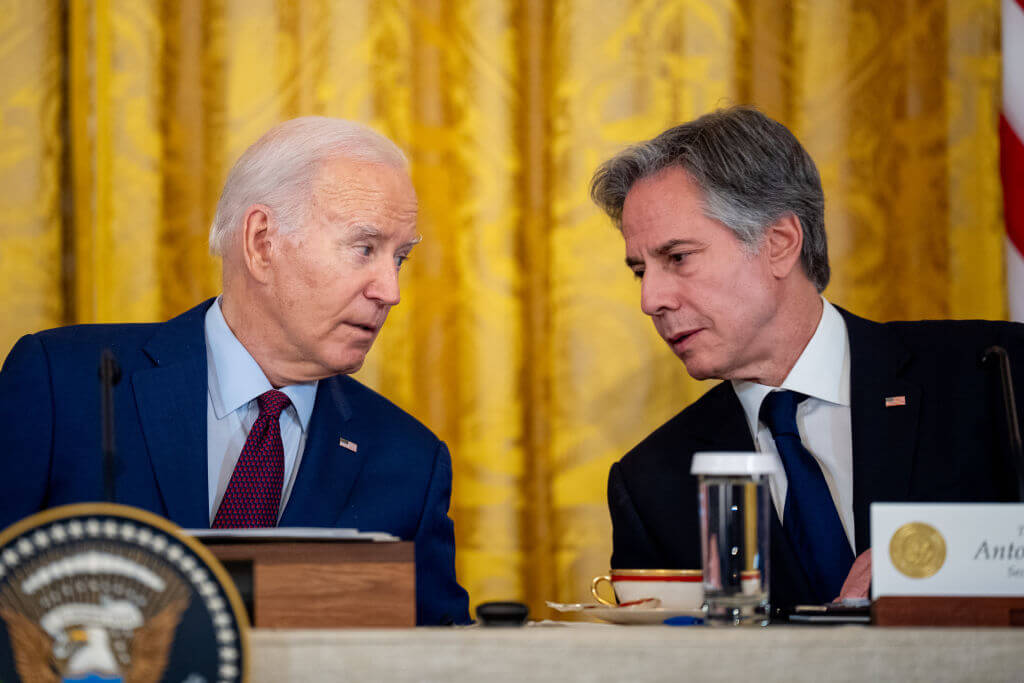Protecting Anne Frank’s Voice — Even 7 Decades Later

Image by Getty Images
When Anne Frank wrote in her diary to pass the time, she probably never even thought about copyright law or the sticky question of who would come to own her words. She died in the Bergen-Belsen concentration camp in 1945 at the age of 15, but her father Otto survived and eventually was persuaded to publish her diary. The Anne Frank Fonds, the foundation that now owns the copyright, is now proclaiming that Otto is the diary’s co-author by virtue of his substantial editorial involvement.
Why would the Foundation take this step? For many people, the answer is very simple: to extend the copyright protection for the most widely published version of the diary, which would allow the foundation to retain its substantial royalty income and control over publication. In most of Europe, copyright protection lasts for seventy years after an author’s death. Otto died thirty-five years after Anne, and so if European courts deem him an after-the-fact co-author, the copyright’s original expiration of January 1, 2016 would be extended until 2050.
Many copyright law experts have issued strong words of condemnation for the foundation’s move, despite its donation of the royalties to charity. The criticism leveled against the foundation is not unwarranted. Aside from the likelihood that this is merely a ploy to delay the diary’s entry into the public domain, there is another troubling issue raised by the foundation’s position. If Otto is now seen as a co-author, how does this impact the authenticity of Anne’s original voice and the legitimacy of the diary?
Whether the foundation’s position holds up legally remains to be seen. But whatever the decision on the merits of the foundation’s co-authorship claim, and whatever one thinks of the true motives prompting it to declare Otto as a co-author, we need to pause for a moment and consider the foundation’s stated justifications: to protect Anne’s voice.
To many, this explanation has a hollow ring, especially given the authenticity issues that surface in light of Otto’s co-authorship. But there is a legitimacy to the foundation’s reasoning that has gotten lost in the chorus of condemnation. In Europe, Israel and elsewhere, there is a rich legal tradition of protecting the author’s voice through laws requiring appropriate attribution and preventing modifications that are inconsistent with the author’s artistic dignity and spirit. These protections for the personal interests of authors are achieved through moral rights laws, and they are enforced even after the author’s death, for as long as the copyright is in force, and in some countries perpetually.
As soon as “The Diary of Anne Frank” enters the public domain, there will be some who will seek to publish altered versions of her work, some of which may change her language and even content in a way that will damage or destroy the creative integrity of her work. As long as the copyright exists, so do the moral rights protections. Those who are opposing the foundation’s move to establish Otto as a co-author need to understand that its claim of protecting Anne has some merit, even if they disagree with the move to block the diary’s entry into the public domain.
Moral rights laws originated in 19th century France, when Victor Hugo appealed to the French legislature to endorse more substantial protections for the personal rights of authors. They can be thought of as a “cousin” of copyright laws but whereas copyright’s concern is predominantly economic, moral rights are concerned with preserving authorial integrity, honor and dignity. They are grounded in the reasoning that artists labor less for money and more for the sake of personal satisfaction or challenge.
Anne Frank, for example, was not motivated by any expectation or hope of remuneration. This is also true for most artists who are isolated, imprisoned or institutionalized. Elisabeth Kübler-Ross, the psychiatrist who famously outlined the five stages of grief, often spoke of seeing butterflies carved in the barrack walls of a concentration camp where she volunteered after World War II. She talked about those butterflies for the rest of her life, as they helped her realize that humans still can find beauty in the midst of horror.
In the United States, the moral rights of authors are not adequately protected, which makes our country pretty much a lone wolf on this issue. Our failure to secure these rights for authors also raises the issue of whether the United States is complying with its obligations under the Berne Convention for the Protection of Literary and Artistic Works, which requires moral rights. Two years after we joined Berne in 1988, Congress enacted an amendment to the copyright law called the Visual Artists Rights Act. This statute provides a limited form of attribution and integrity protection for certain types of visual art and nothing else. In its current form, the statute reflects the opposition of the entertainment and publishing industries to moral rights based on their concern that such laws will interfere with their own endeavors.
More fundamentally, the narrative of authors’ rights in the United States historically has always been about money rather than authors’ personal rights. There is an insufficient appreciation for an author’s internal creative process and its connection to the final external product. As a society, we have never given much thought to why authors create and how the law that protects authors should be shaped in response to these motivations. Given that Congressional attention in the copyright arena is unlikely to be focused on moral rights in the near future, American authors will continue to be at a disadvantage compared to those in nearly all other countries.
So to those critics of the Anne Frank Fonds who see no justification whatsoever for its current attempt to extend the copyright, I would urge them to at least contemplate the following message: There is a well-developed and nearly universal body of law designed to protect the voices of authors. In the right time and place, these protections nurture the artistic spirit and as a result, nurture humanity. Although you may well be right that the time has come and gone for this type of protection for Anne Frank’s voice, the fact that other authors can still benefit from moral rights laws is a good thing. And the fact that most American authors cannot is a problem.
Roberta Rosenthal Kwall is the Raymond P. Niro Professor at DePaul University College of Law and the author of The Soul of Creativity: Forging a Moral Rights Law for the United States (Stanford University Press, 2010)

I hope you appreciated this article. Before you go, I’d like to ask you to please support the Forward’s award-winning journalism this Passover.
In this age of misinformation, our work is needed like never before. We report on the news that matters most to American Jews, driven by truth, not ideology.
At a time when newsrooms are closing or cutting back, the Forward has removed its paywall. That means for the first time in our 126-year history, Forward journalism is free to everyone, everywhere. With an ongoing war, rising antisemitism, and a flood of disinformation that may affect the upcoming election, we believe that free and open access to Jewish journalism is imperative.
Readers like you make it all possible. Right now, we’re in the middle of our Passover Pledge Drive and we need 500 people to step up and make a gift to sustain our trustworthy, independent journalism.
Make a gift of any size and become a Forward member today. You’ll support our mission to tell the American Jewish story fully and fairly.
— Rachel Fishman Feddersen, Publisher and CEO
Join our mission to tell the Jewish story fully and fairly.
Our Goal: 500 gifts during our Passover Pledge Drive!
























